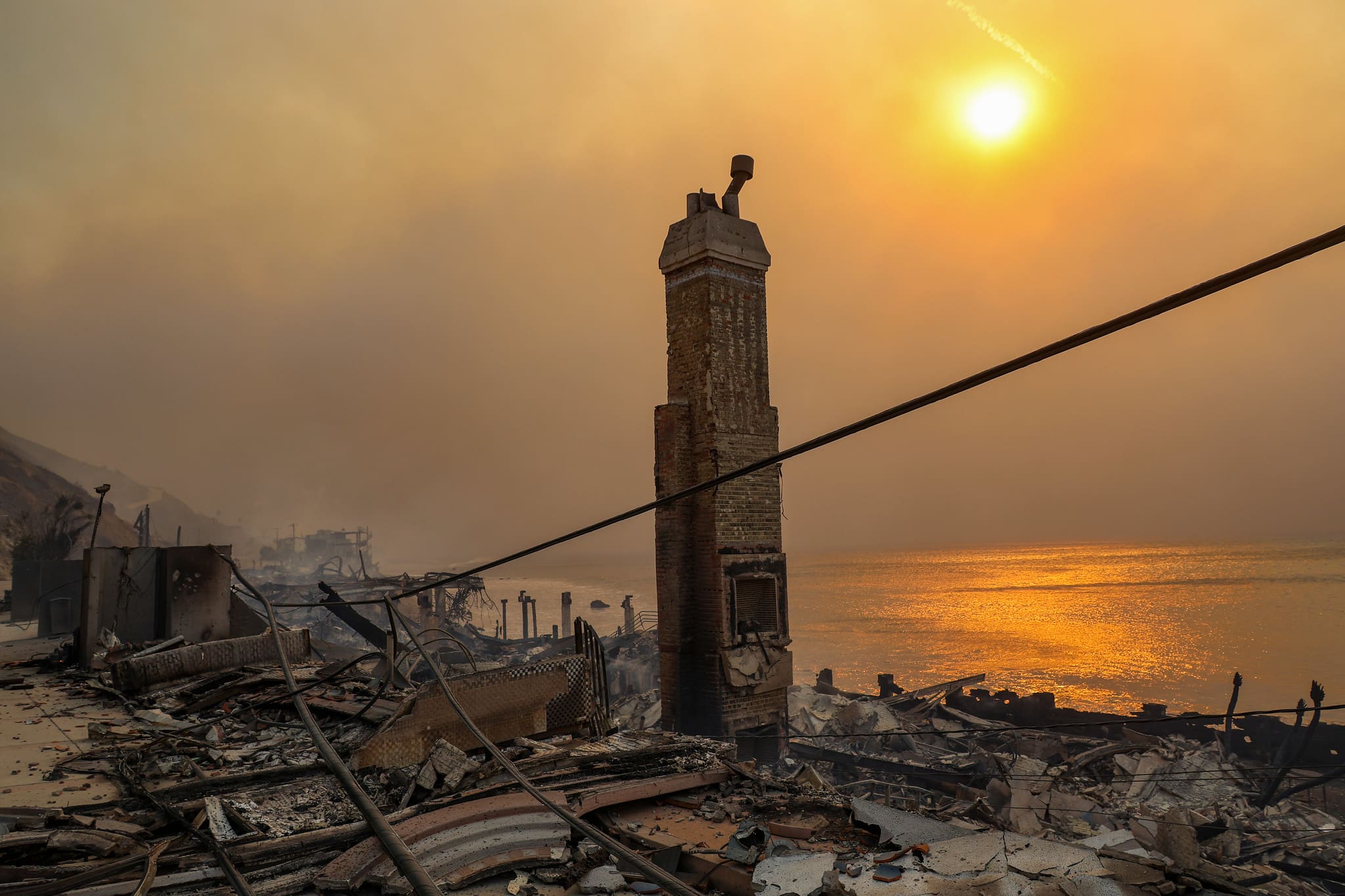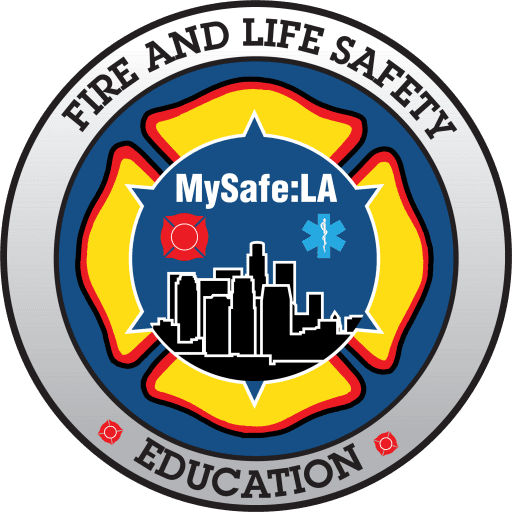The wind-driven wildfires that have consumed the greater Los Angeles area will be remembered for many years. Nearly all Angelenos know someone who has been affected. If you’ve been forced out of your home or have lost your home, everyone in our organization is saddened to learn of the challenges you are facing. But there are things to know about, and we’d like to share a few of them with you, including:
1. Stay Informed
- Monitor Local News: Follow updates from local authorities for information on evacuation zones, road closures, and air quality.
- Alert Systems: Sign up for emergency alerts to stay informed about changing conditions.
2. Return Home Safely
- Wait for Clearance: Do not return to your home until authorities have declared it safe.
- Inspect for Hazards: Look for downed power lines, unstable structures, or lingering hotspots around your property.
3. Check Air Quality
- Wear Masks: Use an N95 mask if the air quality remains poor due to lingering smoke or ash.
- Stay Indoors: Limit outdoor activities until air quality improves, especially for children, elderly individuals, and those with respiratory issues.
4. Address Health Concerns
- Avoid Ash Exposure: Wear gloves and long sleeves when cleaning ash to avoid skin irritation and respiratory issues.
- Seek Medical Attention: If you experience difficulty breathing, persistent cough, or other health problems, contact a healthcare provider.
5. Inspect Your Home
- Utilities: Check gas, water, and electricity for damage. Report issues to the utility companies and do not attempt repairs yourself.
- Smoke Damage: Inspect for lingering smoke damage or soot, which may require professional cleaning.
- Structural Integrity: Be cautious of weakened walls, ceilings, or foundations.
6. Clean Safely
- Avoid Stirring Up Ash: Wet down ash before sweeping to minimize inhalation risks.
- Dispose Properly: Use heavy-duty garbage bags for ash and debris. Follow local disposal guidelines.
7. Protect Water and Food
- Check Water Quality: Avoid drinking tap water unless confirmed safe by authorities.
- Dispose of Contaminated Food: Throw away any food exposed to heat, smoke, or ash.
8. Document Damage
- Take Photos: Record any damage to your property for insurance claims.
- Contact Insurance: Notify your insurance company as soon as possible to start the claims process.
9. Plan for Emotional Recovery
- Seek Support: Talk to friends, family, or mental health professionals if you’re experiencing stress or trauma.
- Community Resources: Access local support groups or disaster recovery services for assistance.
10. Prepare for the Future
- Wildfire-Resistant Landscaping: Implement defensible space around your home to reduce future risks.
- Emergency Supplies: Restock and update your emergency kit with essentials for evacuation.
These are just some important things to consider following a wildfire. If you would like to learn more, please visit these three web links:
https://www.wildfirela.org/recovery/
https://lafd.org/news/palisades-fire-0
https://lafd.org/news/hurst-fire
We’ll have more to share in the coming day or two. Be safe out there!









